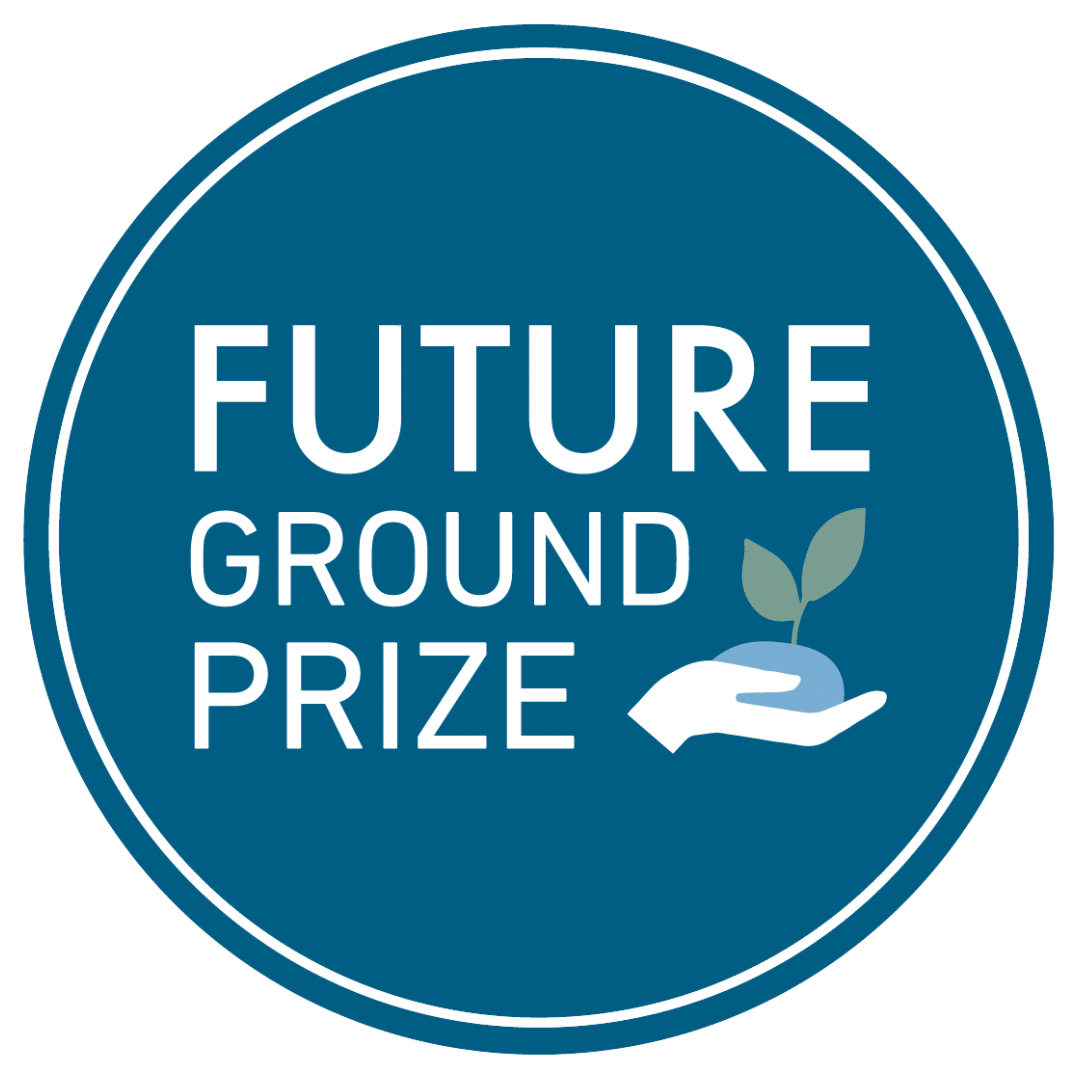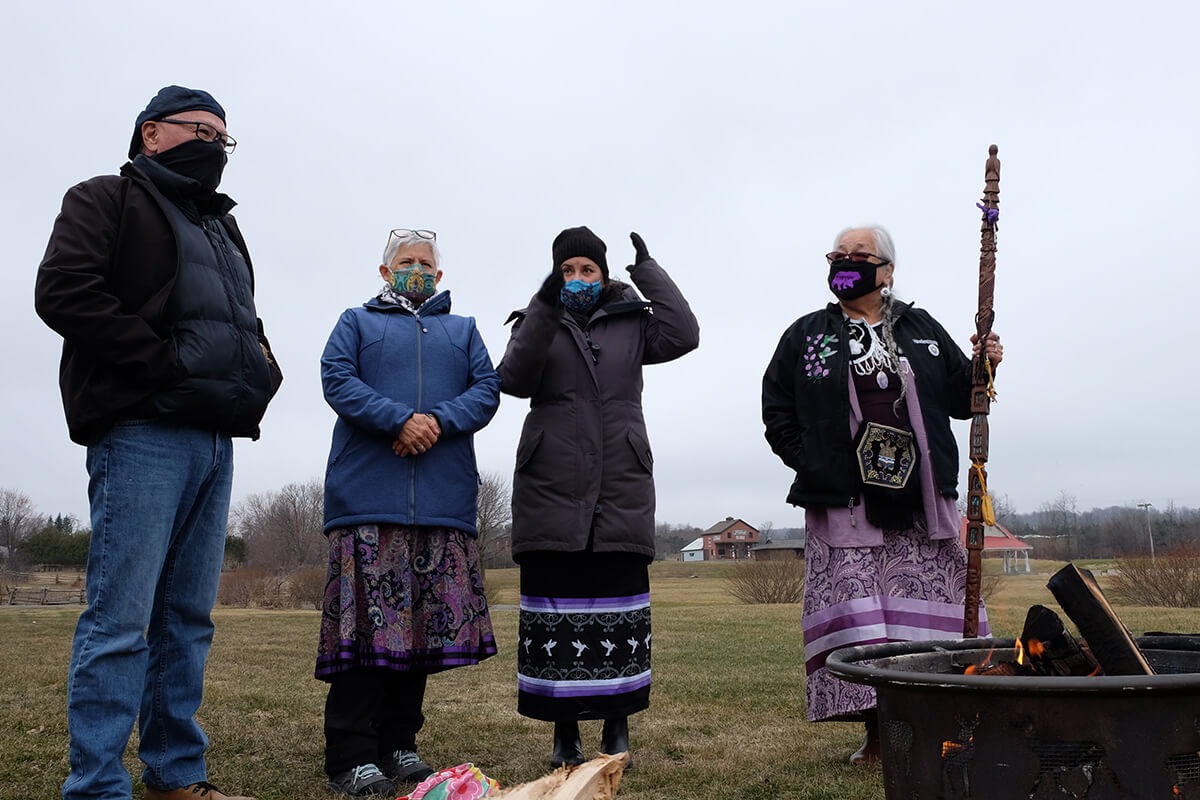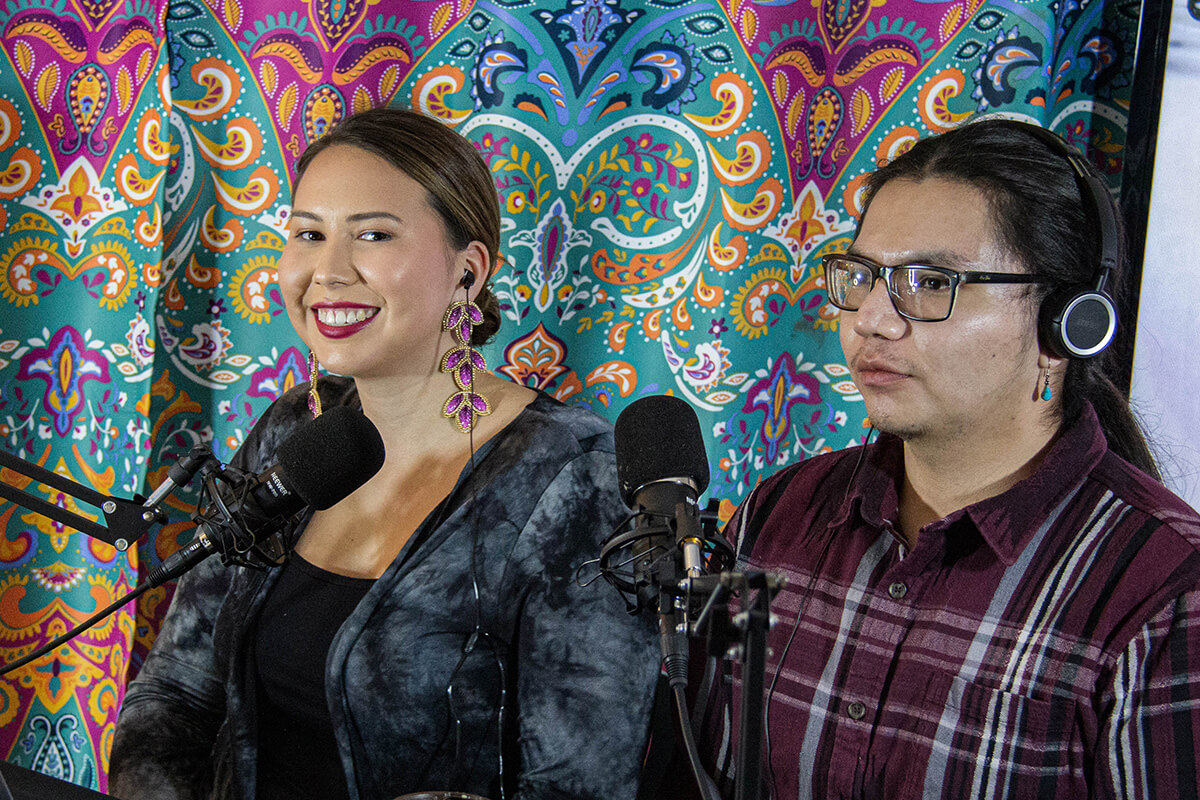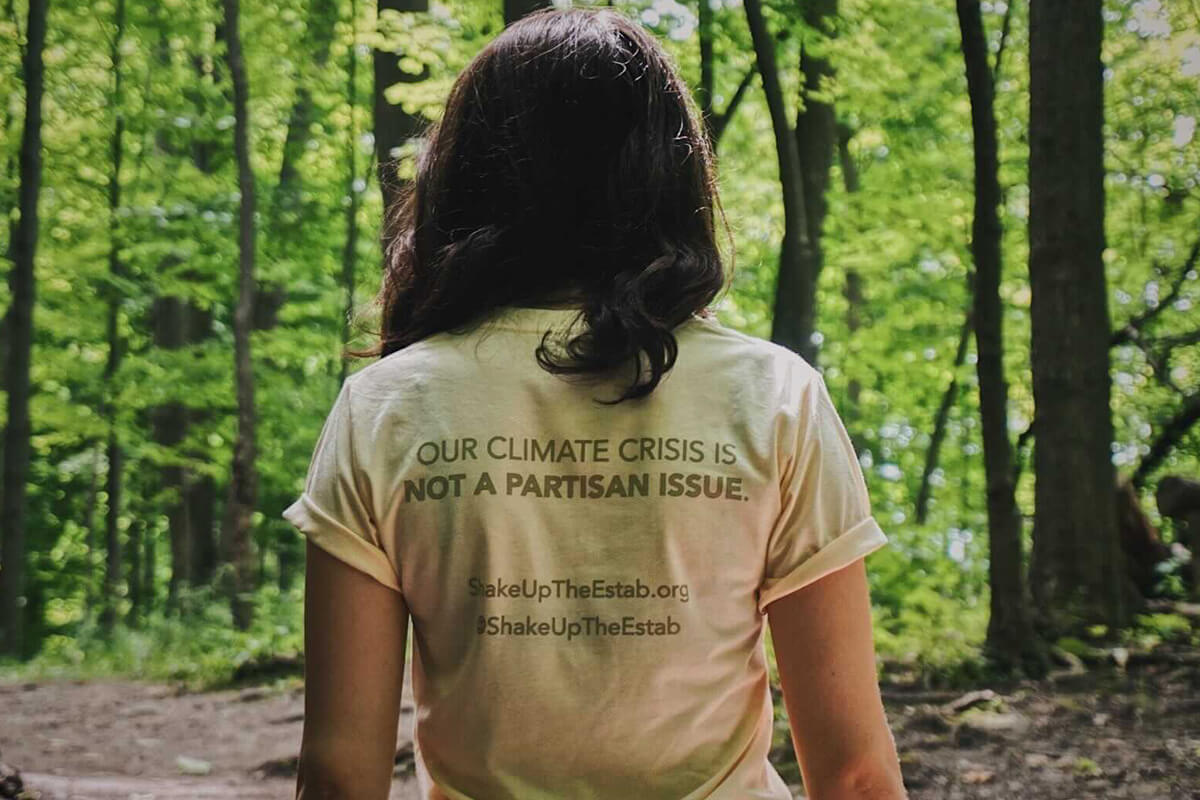Thank you to all 2022 Future Ground Prize supporters and participants!
The 2022 Future Ground Prize contest proved that youth-led movements are the future of grassroots mobilization.
The winners of the 2022 Future Ground Prize, special youth edition, presented by Desjardins and supported by Nature’s Way:
- Grand Prize winner: Climate Education Reform BC
- People’s Choice Prize (Ontario) winner: Children’s Land Canada
- People’s Choice Prize (B.C.) winner: Seaview Takes a Stand
- Rising Star Prize winner: LOLA Bees
Congratulations to the winners of the 2022 edition of the Future Ground Prize!
The Future Ground Prize contest is currently paused but stay tuned for updates by subscribing to the David Suzuki mailing community.
Are you a part of a group taking action in your local community? Join the Future Ground Network!
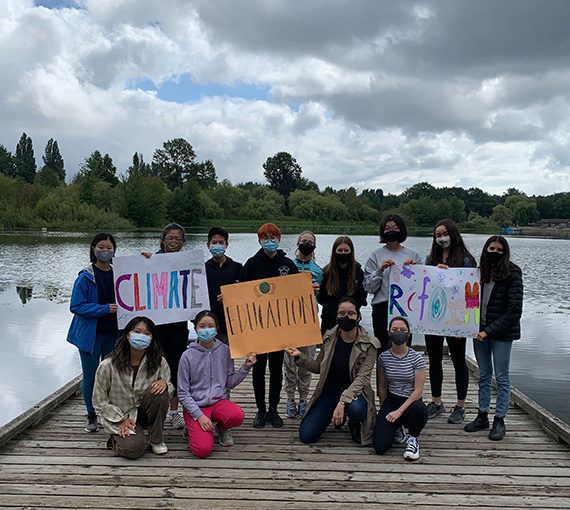
Grand Prize — Climate Education Reform BC
Climate Education Reform BC is an organization run by students in British Columbia who acknowledge that the province’s educational system is not doing enough to prepare youth for their futures. Through their campaign “Reform to Transform” they advocate for climate change education in British Columbia. Their work is driven by community conversations and advocating for systems change. The team is determined to see an educational system that centres intersectional and justice-driven learning and that fully addresses how colonial violence is at its root tied to the climate crisis. They have more than 800 letters supporting their open letter to the Ministry of Education and have been endorsed by several environmental non-governmental organizations and unions. This initiative was started by three high school students and is powered by an army of young volunteers.
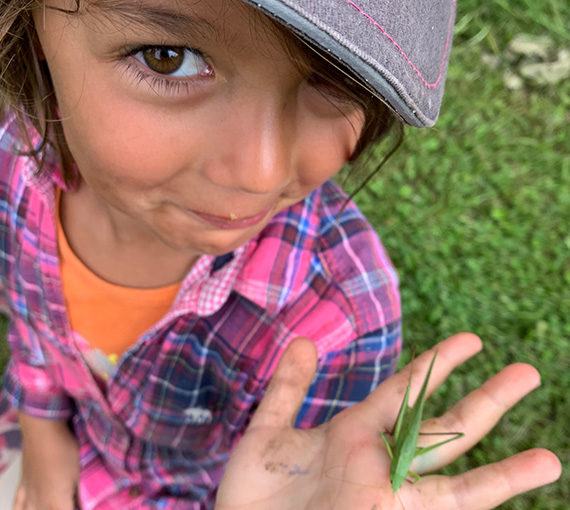
People’s Choice (Ontario) — Children’s Lands Canada
Children’s Lands Canada is an initiative from Planting Seeds of Hope in Southern Ontario. The project is recognized by UNESCO for best practice in education for sustainable development. Children’s Lands Canada is child-centred, child-owned and child-driven. The children are supported in making decisions that nurture life and biodiversity, as well as generate well-being for themselves, others and Earth. In the process, deep relationships form between the children and the natural world. To date, the children have been responsible for creating a one-acre wetland, a 12,000-tree forest, an interconnected hiking trail system, a fruit orchard, a children’s garden area and much more.
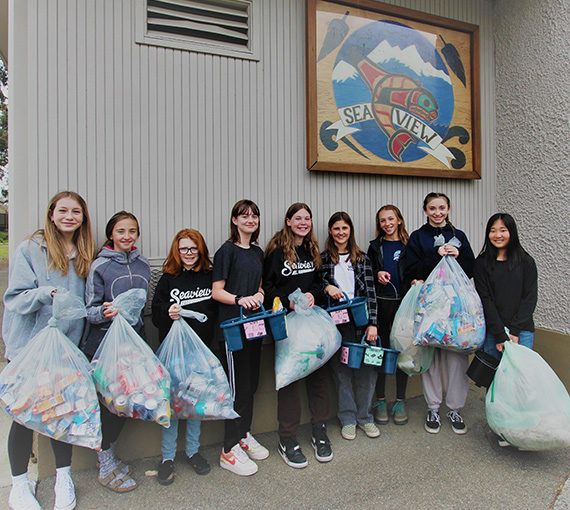
People’s Choice (B.C.) — Seaview Takes a Stand
Seaview Takes a Stand is an initiative started five years ago at Seaview Elementary school in Lantzville, British Columbia. Since the beginning of their project, the 270 students, chaperoned by four teachers, have been environmentally and socially active. They petitioned to protect a nearby forest, save endangered species and decrease plastic pollution in the sea. Three years ago, they won the community involvement award for the Plastic Bag Challenge by collecting 6,000 bags, organizing a shoreline cleanup and writing 100 letters to the federal environment minister supporting a motion to fight plastic pollution. They are hoping to create a zero-waste school and be an example for other schools.
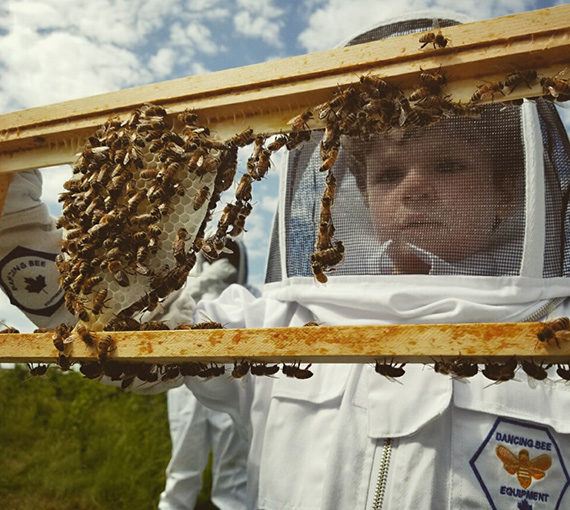
Rising Star Prize — LOLA Bees
LOLA Bees is a learning apiary and pollinator garden group focused on facilitating hands-on workshops for youth in London, Ontario. They believe that by learning natural beekeeping practices, youth will develop a passion for protecting these essential members of the environmental community. Their six junior beekeepers are aged eight and under and tend to a pollinator garden with 13 beehives and more than 260,000 little pollinator champions. LOLA Bees runs educational and fun workshops throughout spring and summer, helping children become protectors of native species.
Meet the 2022 finalists!
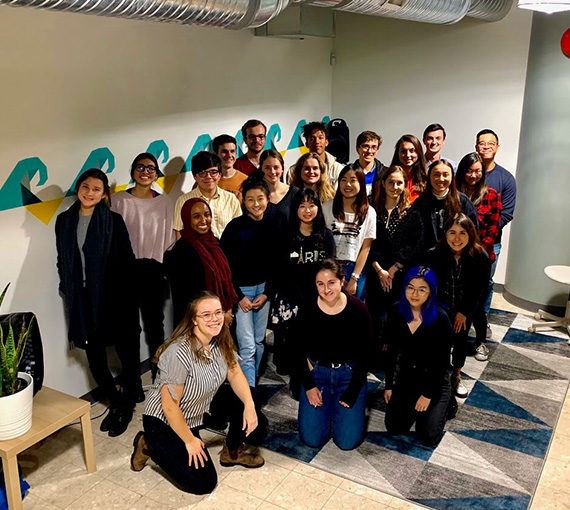
BC Council for International Cooperation Climate Change Youth Empowerment Program
BC Council for International Cooperation Climate Change Youth Empowerment Program is a youth-led, youth-driven initiative in British Columbia’s coastal region. The Climate Program develops well-informed, ambitious and inclusive policy recommendations for governments and civil society. Its members have run youth-focused events, published policy papers on various climate-related topics, met with B.C. and Canadian government officials to bring youth voices forward in decision-making, created opportunities for youth leadership development and contributed to international and domestic climate action networks.
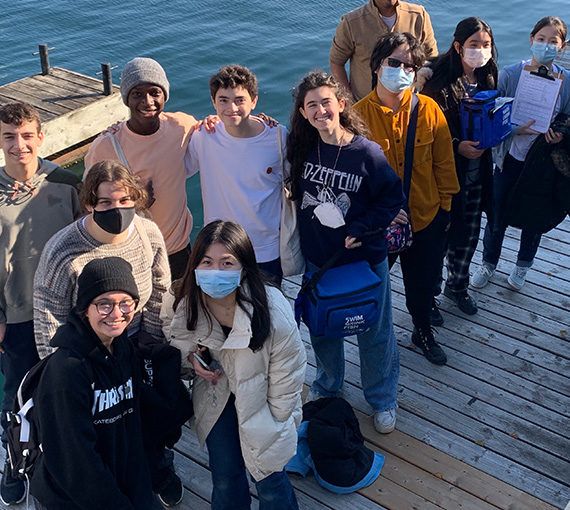
Canadian Youth Climate Action Team
Canadian Youth Climate Action Team is a youth-led intersectional climate action organization in Southern Ontario. It makes environmental activism accessible by uniting students who are passionate about the environment, social justice, politics and the power of art. This team is composed of 46 youth volunteers supporting team activism as opposed to individual activism. The team has educated more than 100 students on supporting Indigenous rights, organized two parks cleanups and recorded a decrease in climate anxiety and depression in members. Its next plan is to engage youth in Canadian politics and convey their climate-oriented values to politicians. They want future candidates to include in their action plans five points: energy consumption, green jobs, Indigenous rights, climate resilience and agriculture.
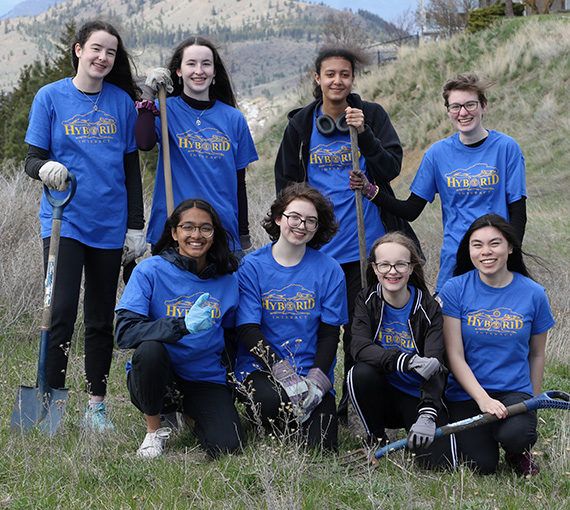
Kamloops Community Forest within the traditional territory of the Secwepemc People
Kamloops Community Forest within the traditional territory of the Secwepemc People, a youth-led project in the southern interior of B.C., is both inspiring and a step in the right direction for counteracting the harms of climate change. This initiative promotes community connectivity through collaborative efforts and creates a space for wildlife habitat, a thriving ecosystem, a natural firebreak and cooling for the region. One of its goals is to plant forests using Indigenous knowledge and to educate people on the growth of Indigenous traditional foods and medicinal plants within the forest. The team is composed of youth volunteers mentored by adults from the Kamloops Hybrid Interact Club and Aberdeen Neighbourhood Association. Their plan for the future is to continue planting trees, tend to the needs of the forest they created and develop a learning centre.
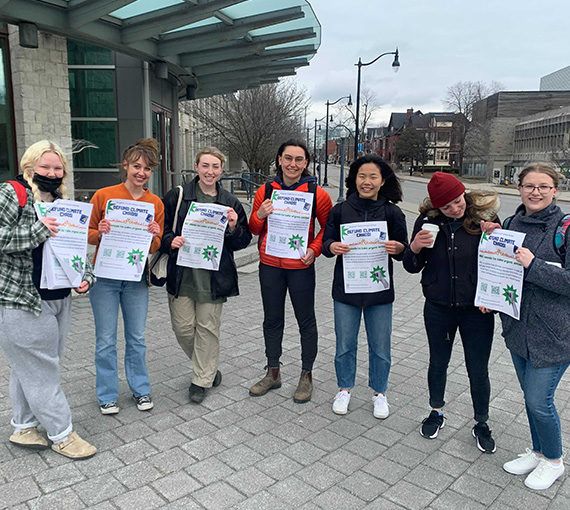
Kingston Municipal Climate Action
Kingston Municipal Climate Action is an initiative inspired to advance municipal climate justice in Kingston, Ontario. The grassroots group is a team of 12 university students who came together to advance community-level climate justice by speaking to city councillors and staff, organizing rallies and hosting letter-writing sessions. By holding city council accountable to its climate action promises, they are showcasing how youth can participate in municipal politics and educate the public on the importance of municipal climate action.
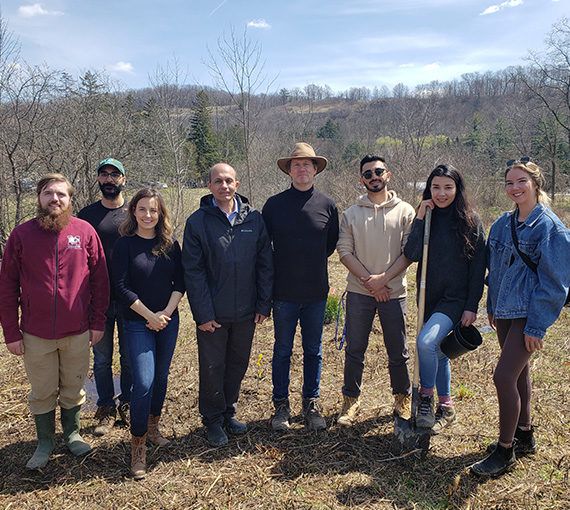
McMaster Carbon Sink Forest
The McMaster Carbon Sink Forest is a student-led and -organized initiative based out of McMaster University in Hamilton, Ontario. The initiative strives to be a model of how a forest can sequester atmospheric carbon dioxide and mitigate climate change by planting 1,000 native trees on a one-hectare plot in west Hamilton. Because of the proximity to urban areas, the forest will reduce the heat-island effect and improve local air quality for surrounding communities. Since the project began in November 2021, they have planted more than 250 trees at planting events.
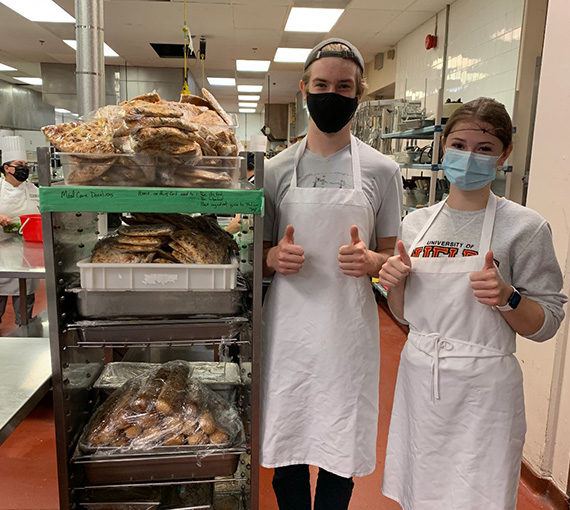
MealCare Guelph Chapter
The MealCare Guelph Chapter believes that access to healthy food is a human right, not a privilege. To increase food security and combat food waste in their community, they have partnered with campus dining services and local restaurants to rescue edible, surplus “food waste” and donate it to community organizations that help feed food-insecure community members. Their 22 youth volunteers are students from the University of Guelph who co-ordinate food donations and pickups from campus dining sites and local restaurants, manage their Community Fridge Initiative and implement education and awareness-based projects in their community. Since January 2022 they have donated more than 725 kilograms of food.
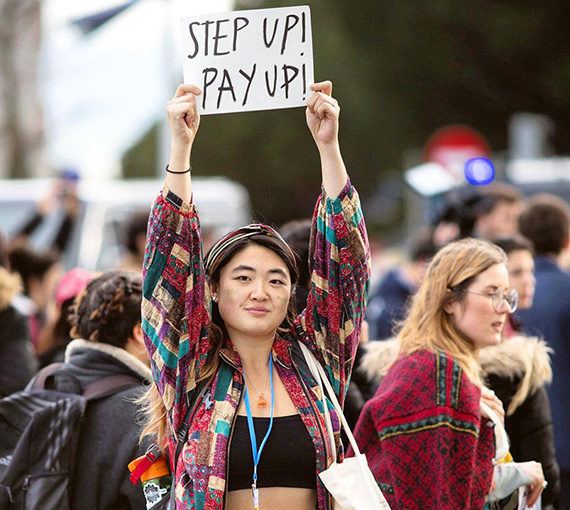
Threading Change for Feminist, Fossil-Fuel-Free Fashion Future
Threading Change is a youth-led not-for-profit organization in Vancouver envisioning a future when fashion is ethical and circular, rooted in justice with climate, gender and racial equity at the forefront. They work at the intersections of consumer education and industry transformation through a tri-impact model of education, innovative storytelling and policy research. Their team of 20, including 16 volunteers spread around the world, is mainly composed of youth who work on their education program and create their Global Innovation Story Map. Their mission is the 6Fs: a Feminist, Fossil-Fuel-Free Fashion Future.
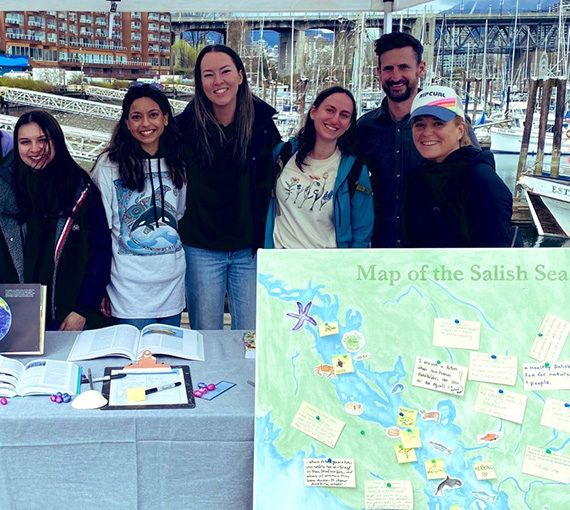
Year of the Salish Sea
The Year of the Salish Sea is an effort that aims to bring together local First Nations, municipalities, organizations and individuals in the Salish Sea ecosystem region to strengthen existing efforts toward a healthy Salish Sea through public engagement and spreading stewardship and educational opportunities. At its heart is a belief in collective action and love for the Salish Sea ecosystem. This initiative was born from a project created by 12 Simon Fraser University students. It is now composed of three students helped by volunteers. They hope to soon have post-secondary students to help their cause.
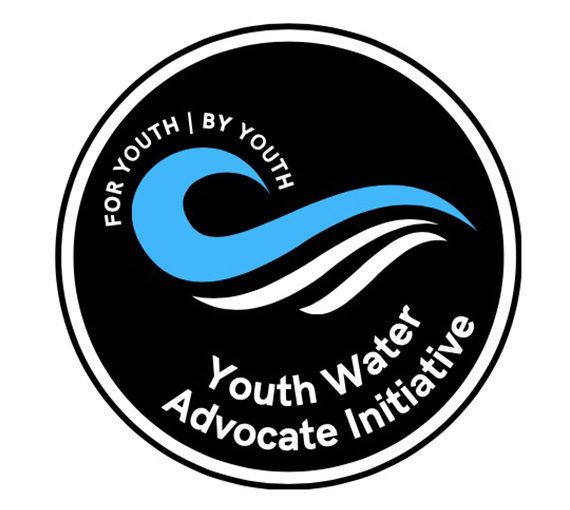
Youth Water Advocate Initiative
The Youth Water Advocate Initiative strives to change the perception of water as a cheap and renewable resource, while shedding light on local and global water issues. The initiative provides youth with the tools and resources they need to educate other students about freshwater access, quality and security in Southern Ontario. The group is made up of 22 high school volunteers who deliver water workshops to classrooms and clubs around Peel Region as Youth Water Advocates. The goal of the project is to inspire the next generation of youth to protect and respect their freshwater resources, be more cognizant of their daily interactions with water and ultimately build more resilient communities.
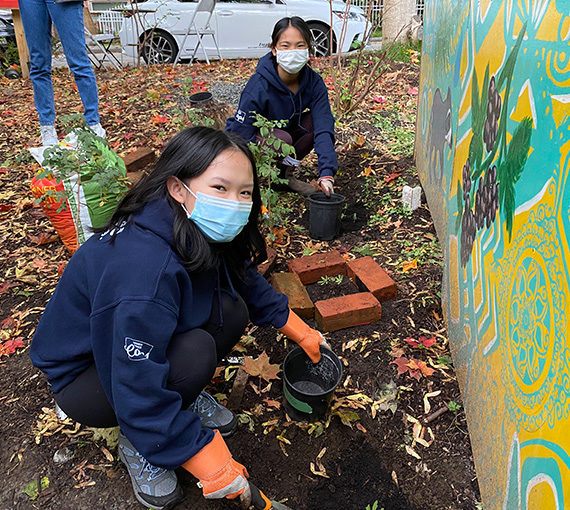
YouthToSea
YouthToSea is an educational program that gives 80 youth volunteers the opportunity to develop their skills in becoming young leaders in ocean conservation and climate change movements throughout British Columbia. Their projects include repurposing school gardens, hosting environmental art contests, organizing shoreline cleanups and advocating for cleaner city incentives. The youth are given support to design their own projects that advance ocean literacy and conservation. Their main focus is to ensure youth leave the program feeling inspired to make tangible changes for the environment and oceans.
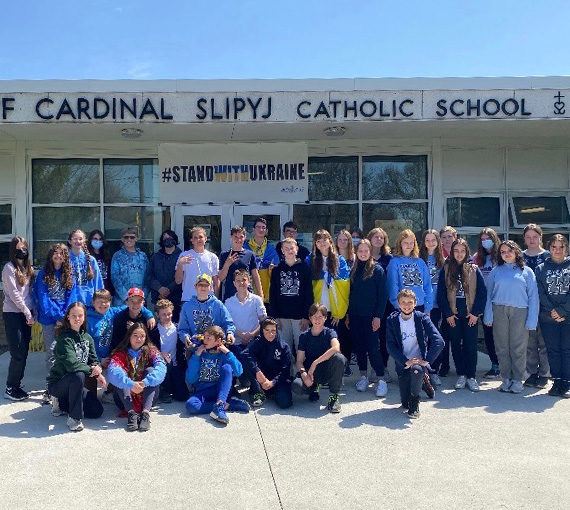
Rising Star — Peace by Piece
Peace by Piece is an initiative based out of Toronto, Ontario, that seeks to form the seeds that blossom a collective understanding of how community can work together to grow awareness, compassion, empathy, social consciousness and interconnectivity. Led by 500 students under the age of 13 with the support of 50 staff members and 100 parent volunteers, their peace garden offers the land back to those who seek to edify, grow, support and plant peace, piece by piece.
Meet the 2022 jury members

Abhay Singh Sachal
Abhay Singh Sachal is a 20-year-old Canadian climate activist and student at the University of Toronto. He is co-founder and executive director of Break the Divide, a global nonprofit that connects young people to foster empathy and understanding to inspire local action. Abhay’s work and research focuses on the intersection of climate change, mental health and community resilience. He was recently named one of Canada’s Top 25 Under 25 Environmentalists and featured as the 2019 Canada’s Walk of Fame Community Hero Award Winner.
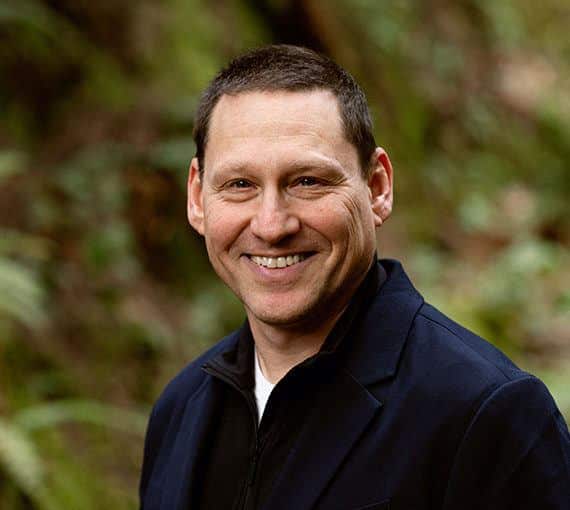
Avi Lewis
Avi Lewis is an assistant professor of Geography at UBC, where he teaches about documentaries, social change and climate justice, while supporting the launch of the new Centre for Climate Justice. His passion is connecting the dots: among the many crises we face, the solutions necessary to actually solve them, and the movements that are building power for transformative change.
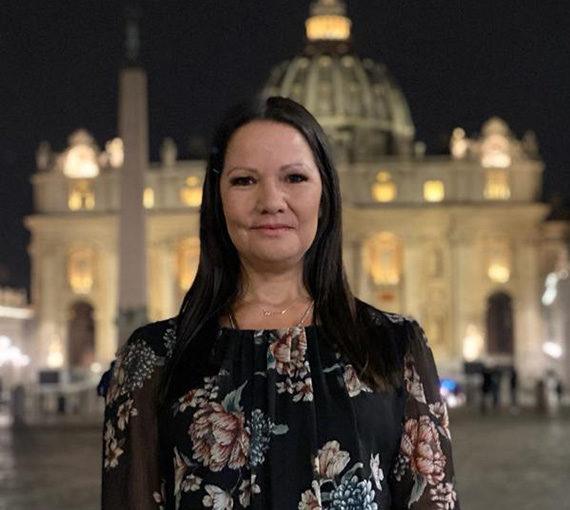
Donna Sound
Donna Sound is a reporter for CTV National News, based in Toronto, where she delivers breaking news and contributes to the newscast’s Indigenous Circle segments. An award-winning journalist, Donna has covered many protests, including the G20 and Caledonia protests, and has interviewed prime ministers, heads of state, lieutenant-governors, Oscar winners, music icons and CEOs. A member of Sagamok Anishnawbek First Nation in Ontario, Donna feels a sense of pride in breaking down barriers for First Nations people. She brings a distinct perspective to the newsroom, giving a voice to those not often heard in Canadian media.
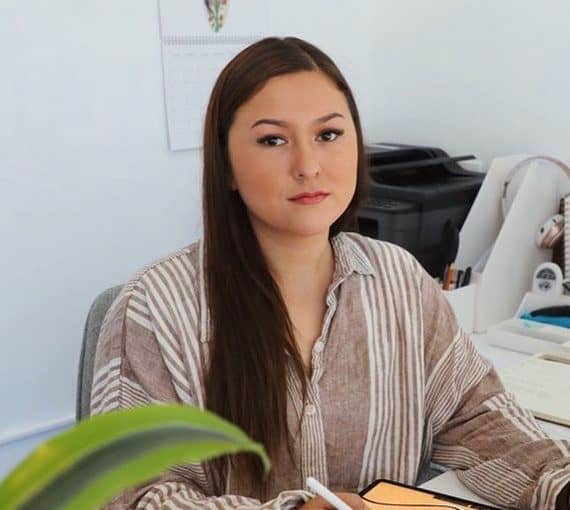
Emily Kewageshig
Emily Kewageshig is an Anishinaabe artist and visual storyteller from a small community in Ontario called Saugeen First Nation No. 29. She creates artwork that focuses on the importance of being caretakers of the land that we occupy. Emily encourages others to look into the imagery she creates to understand how Indigenous Peoples have lived with nature and that Earth is an extension of ourselves. One of her main priorities as a young artist and advocate is to support other young people as much as she can.
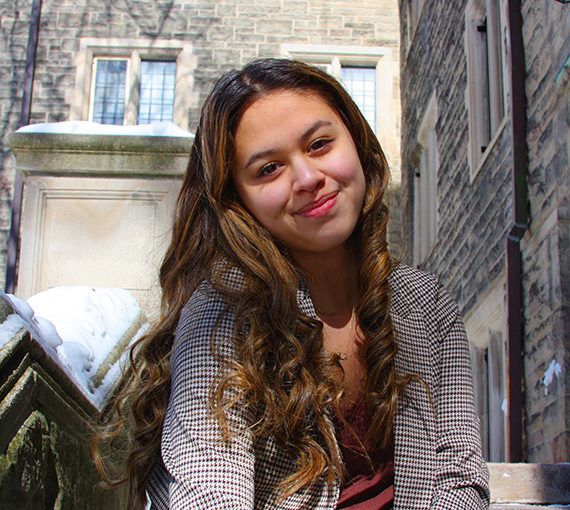
Isabela Rittinger
Isabela Rittinger is a 19-year-old student at Queens University where she is majoring in political science and minoring in film and media. She is an avid menstrual activist and intersectional feminist who has been featured for this activism in media outlets including the Toronto Star, CBC and CTV. She is also an advocate for the survival of her heritage as a Macanese-Canadian. Her main passion lies in menstrual activism, through which she founded Bleed the North in March 2020. It’s a youth-led non-profit committed to ending period poverty and period stigma in Ontario, and has donated more than 60,000 period products. Isabela firmly believes that all youth have the ability to make an impact and deserve to have their voices heard!
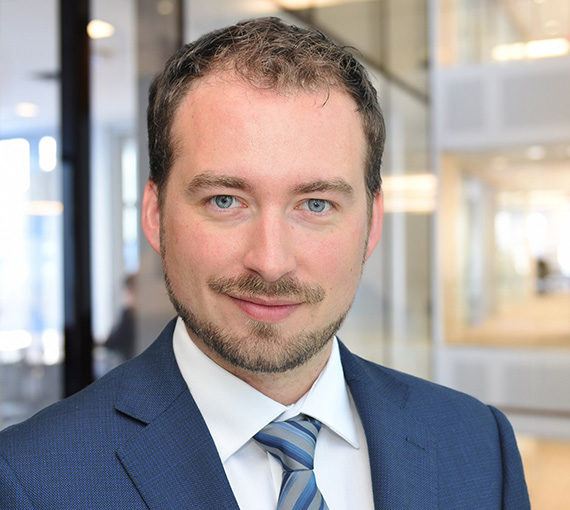
Jérôme Petigny
Jérôme Petigny is practice leader, climate change at Desjardins. He is in charge of developing and co-ordinating the group climate strategy, as well as related projects and initiatives across business lines. Prior to joining Desjardins two years ago, Jérôme spent nine years on the sustainability and climate change team at Deloitte Canada, working with public and private organizations to improve their sustainability and climate change performance.
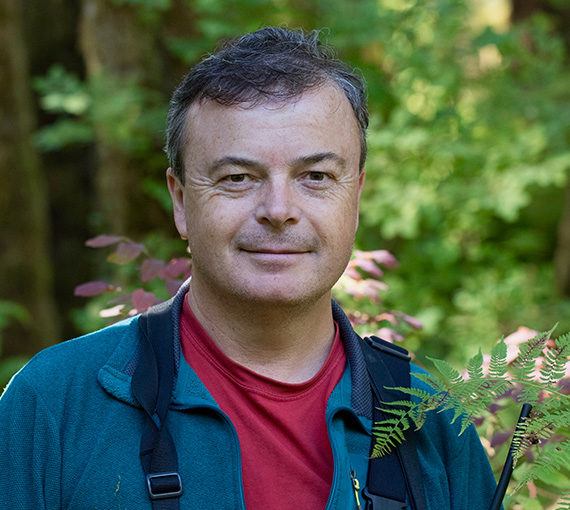
John Reynolds
John Reynolds is a professor at Simon Fraser University, where he holds the Tom Buell B.C. Leadership Chair in Salmon Conservation. His research focuses on ecology and conservation of salmon and their habitats, including linkages with terrestrial environments. He has held a wide variety of scientific advisory roles for governments and non-governmental organizations. He is the chair of the Committee on the Status of Endangered Wildlife in Canada, or COSEWIC. This is an independent committee of 175 scientists from across the country who volunteer their time to assess the threatened status of plants and animals on behalf of the federal environment minister for potential protection under the Species at Risk Act.
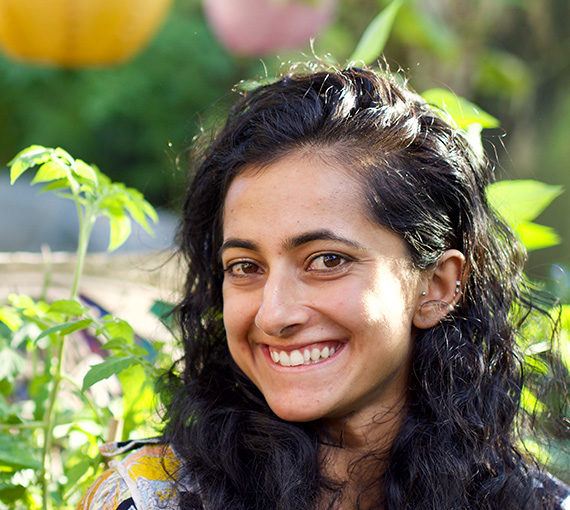
Nikita Wallia
Nikita Wallia is a spatial analysis and cartography specialist at the David Suzuki Foundation. The Foundation motivates, inspires and challenges Nikita every day to protect nature’s diversity and the well-being of all life, now and for the future.
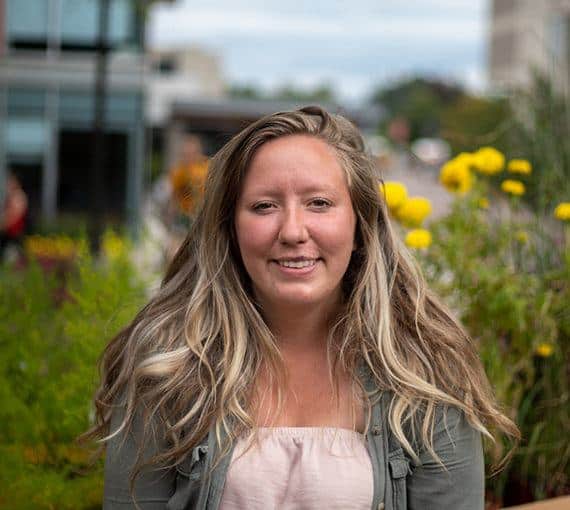
Sam Casey
Sam Casey is the development officer at Shake Up the Establishment. She works to help create and cultivate partnerships, assists with developing projects and oversees SUTE’s growing outreach team. Shake Up the Establishment is a non-partisan, youth-led, registered organization that aims to make credible, evidence-informed information readily available to the Canadian population to promote informed voting, advocacy practices and political accountability surrounding human and social justice issues that are exacerbated by the climate crisis. SUTE collaborates directly with groups and communities working to address injustices, alongside ongoing work toward the environment and climate literacy, and most importantly, political action.
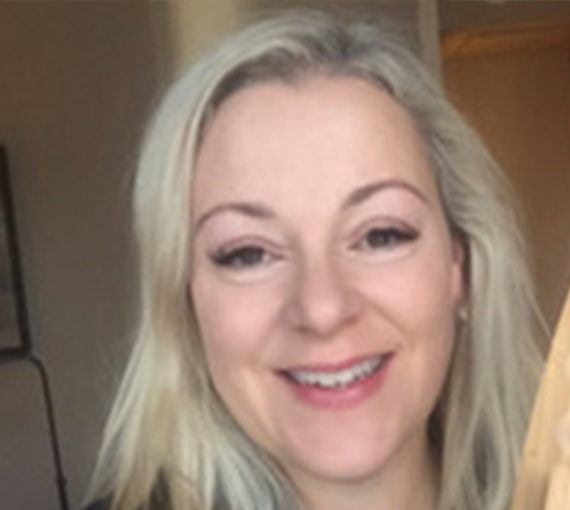
Cheryl Pretty-Gaspar
With a background in sports medicine and natural health products Cheryl has been involved with a variety of organizations over the past 20 years with a focus on enriching healthier lives. During the 10 years Cheryl has been with Nature’s Way Canada she has held a variety of roles including most recently leading a sales team supporting retailers across Canada. Cheryl is passionate about the science behind natural health products and how they can dramatically affect our lives. Commitment to the environment and sustainability of any organization is important to Cheryl and it’s a big part of the appreciation and sense of pride working in Nature’s Way.
Cheryl lives in Waterdown, Ontario with her family and is active in her community with her children’s school programs and organizations such as the Bruce Trail Conservancy.
One contest, three prizes!
Grand Prize
- $5,000, courtesy of Desjardins
- Invitation to a virtual event on June 22, 2022 to present their project virtually to David Suzuki and Severn Cullis-Suzuki
- A private online meeting with David Suzuki and Severn Cullis-Suzuki
- A certificate and letter of support from the Foundation
- Media coverage and network visibility via the David Suzuki Foundation’s social networks
People’s Choice
- $2,500, courtesy of Desjardins
- Invitation to a virtual event on June 22, 2022, to present their project virtually to David Suzuki and Severn Cullis-Suzuki
- A certificate and letter of support from the Foundation
- Media coverage and network visibility via the David Suzuki Foundation’s social networks
Rising Star
- $1,000, courtesy of Desjardins
- Invitation to a virtual event on June 22, 2022, to present their project virtually to David Suzuki and Severn Cullis-Suzuki
- A short video of support from Severn Cullis-Suzuki
- A certificate and letter of support from the Foundation
Map of finalists and winners
With this second edition, we hope to add many more projects to the map! Find on it all the Future Ground Prize finalists from last year.
Frequently Asked Questions
-
The David Suzuki Foundation believes that empowering people in Canada to be environmental leaders in their communities is key to building a better tomorrow. Sharing stories of inspiration helps motivate others to act. With this contest, we hope to help mobilize environmental leaders and create meaningful change, starting at the community level.
-
No, there is no financial obligation or financial requirement to participate.
-
The Future Ground Prize is currently paused. Stay tuned for more updates by joining our mailing community.
If you have a grassroots group mobilizing around an issue in your community, we encourage you to join the Future Ground Network.
-
Unfortunately, the last two editions of the contest were only available in Ontario, British Columbia and Quebec, but we hope to launch throughout Canada in the future!
-
There were three Future Ground Prizes, including a Grand Prize (chosen by our jury), a People’s Choice Prize (selected by voting) and a Rising Stars Prize (selected by the jury and voting).
- Grand Prize (jury): Win $5,000 offered by the Desjardins Group, a private virtual meeting with David Suzuki and an invitation to present to David at a virtual event in June.
- People’s Choice Prize (by voting): Win $2,500 offered by the Desjardins Group and attend our virtual event in June where finalists present their projects to David Suzuki and the public.
- Rising Stars Prize (by jury and voting): Win $1,000 offered by the Desjardins Group and an invitation to a virtual event in June where finalists present their projects to David Suzuki.
Being a finalist in the Future Ground Prize helps garner public recognition for your group’s work, raising awareness of your initiative and positioning you as a leader in the socio-environmental transition.
-
The 2022 Future Ground Prize was a special youth edition of the contest. In addition to the Grand Prize and People’s Choice Prize, the Future Ground Prize and Prix Demain introduced the Rising Stars Prize.
Every year we received an increasing number of applications from primary schools and thousands of votes for their inspiring initiatives. However, it can be more difficult for five to 14-year-olds to mobilize in their communities and get their projects noticed by the media and community members. It was a way to reward the young generations who are mobilizing and becoming actors of change.
-
We carefully select diverse juries for all three provinces to represent as many people and communities from throughout Ontario, British Columbia and Quebec as possible. From artists and youth to Indigenous community leaders and media representatives, jury members bring a broad range of perspectives in choosing finalists and winners.
-
If the jury decision is tied, the juror representative from the David Suzuki Foundation will make the final decision.
